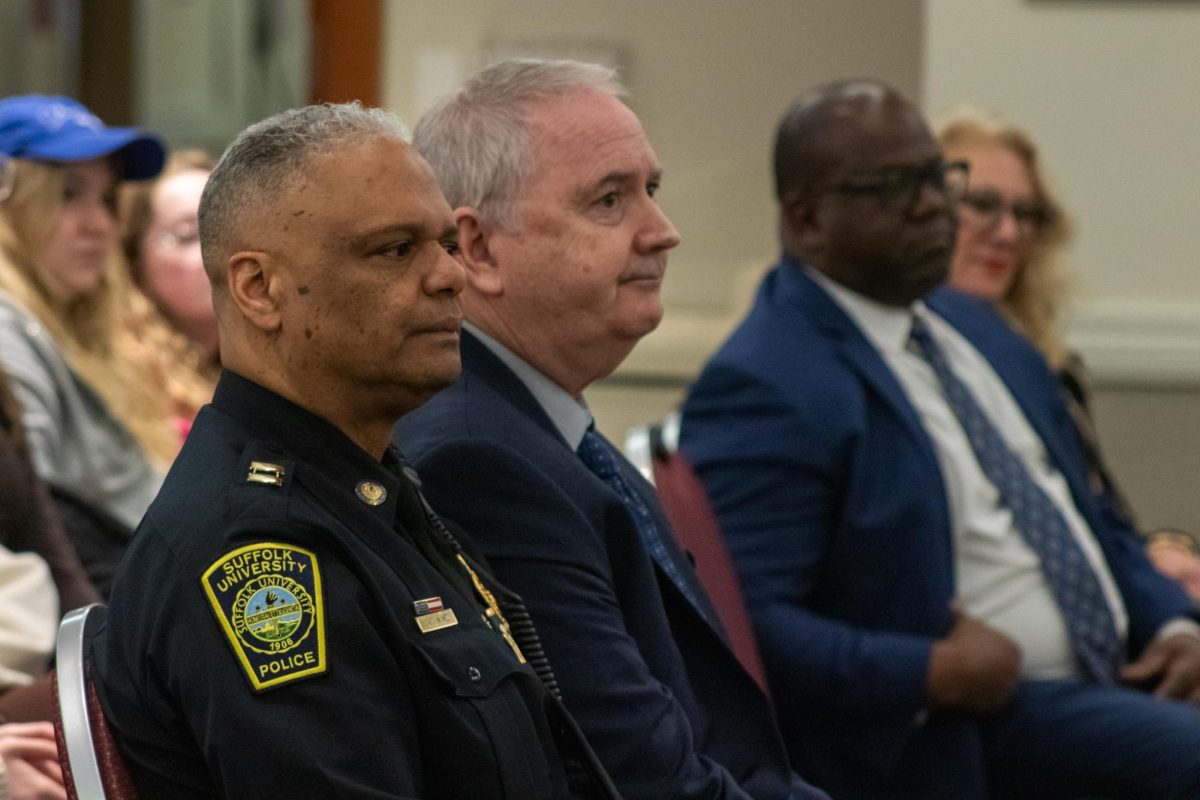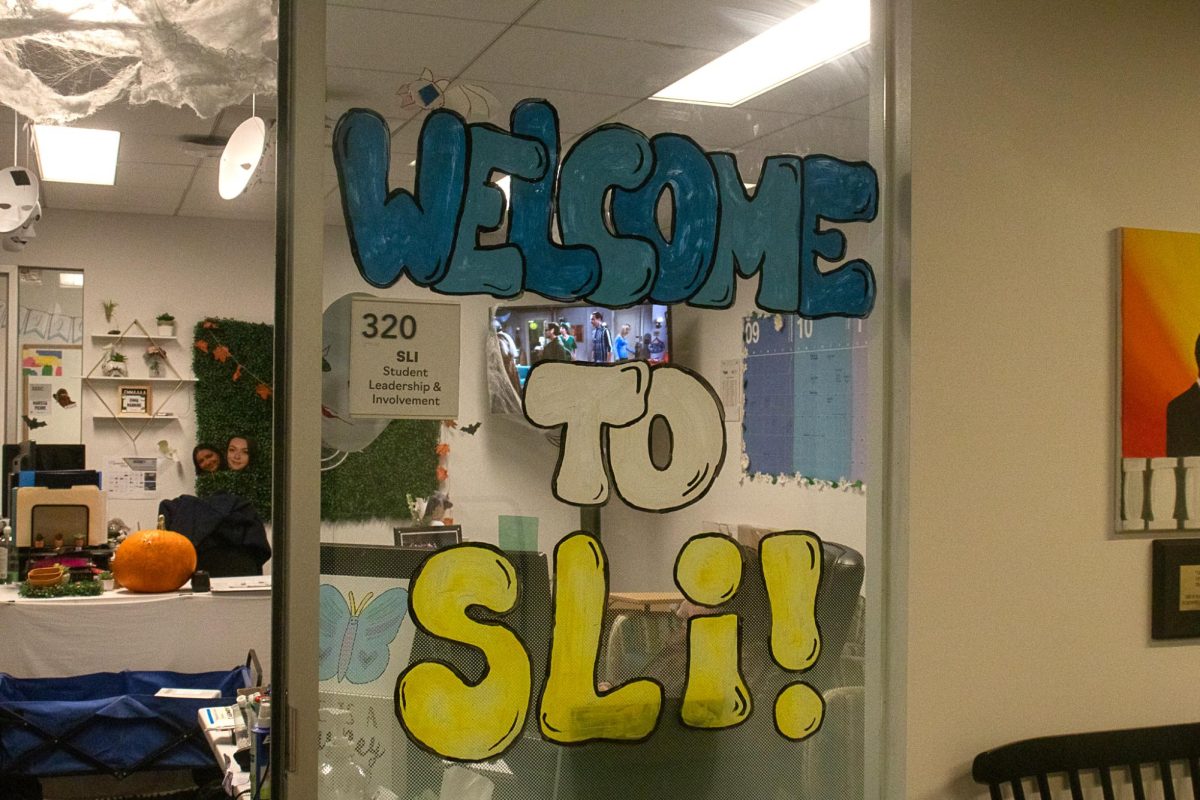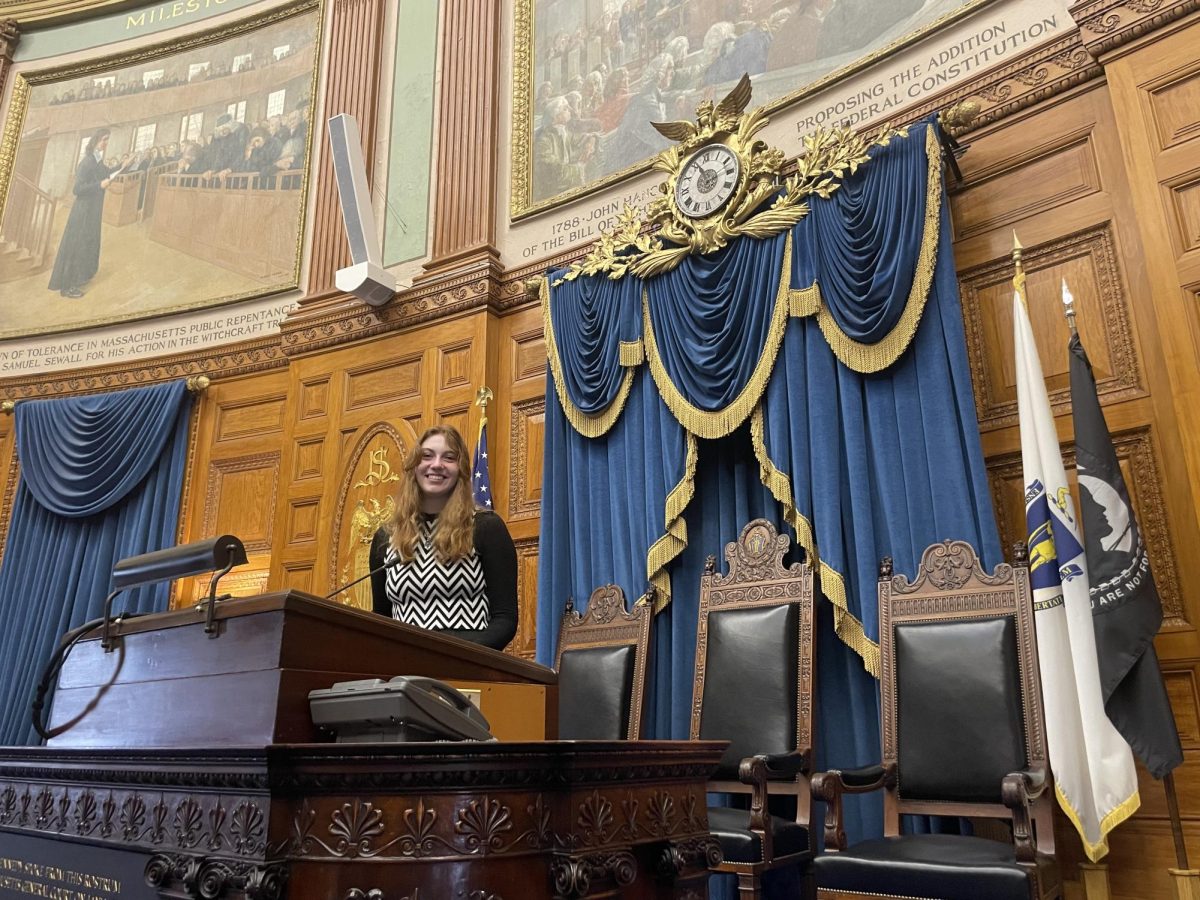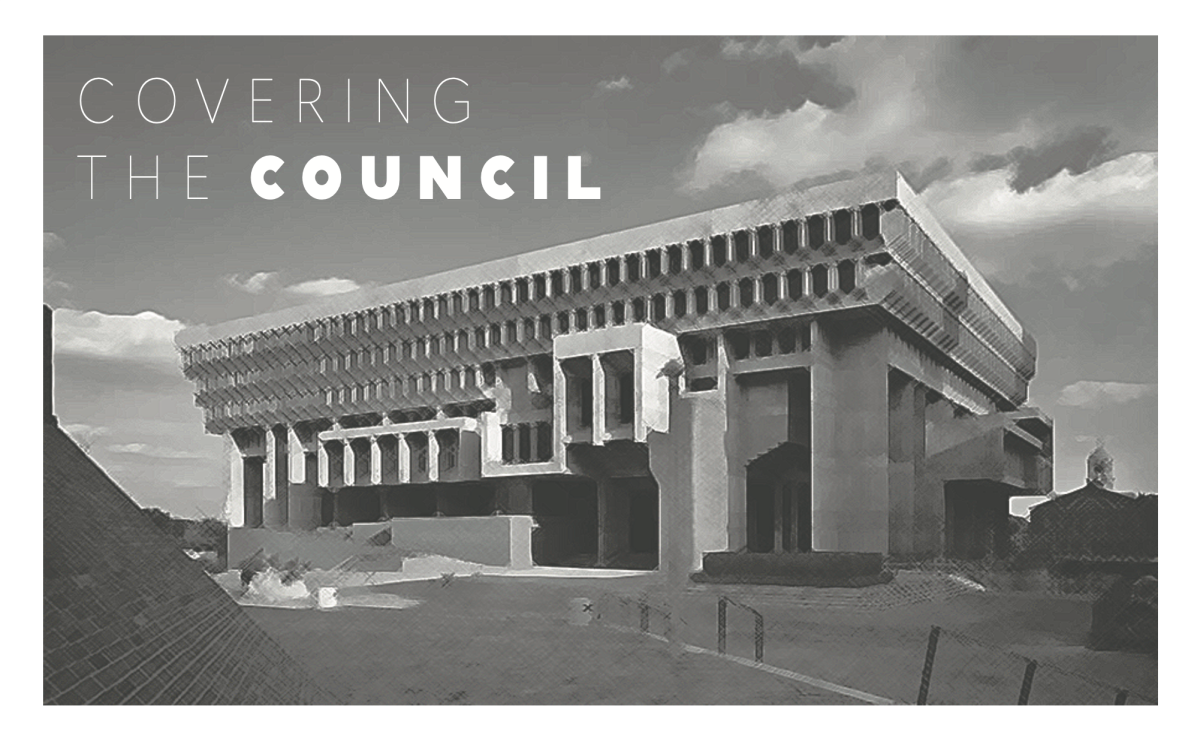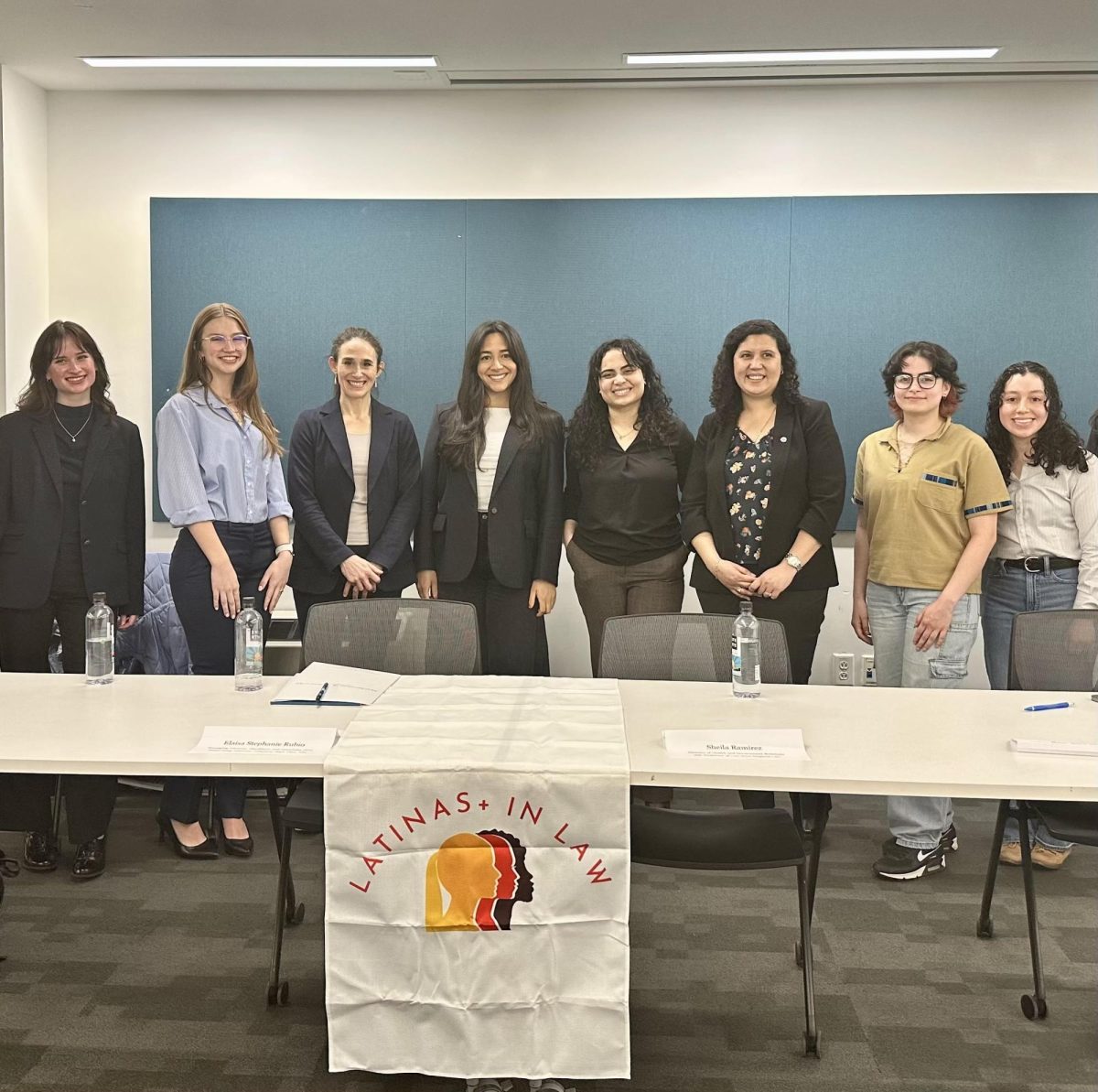Jordan Lazieh, Journal Contributor
Many college students face frequent emotional and intellectual challenges. If ignored and untreated, these problems can lead to larger issues like stress and clinical depression. Luckily for students at Suffolk, there is help.
The Suffolk University Counseling Center offers students a cost-free environment for assistance and support to deal with any issue ranging from depression to spouse abuse. Psychologist Dr. Lynda Field is a staff member at the Counseling Center and has been teaching at Suffolk since 1998. She wants all Suffolk students to know that help is readily available.
“When students come to the Counseling Center, I want them to know they don’t have to deal with their issues alone,” said Field. “Students start to feel better here because for the first time, they have someone who will listen to them.”
Every October at the start of the school year, Field and her team of licensed therapists offer free assessments to all Suffolk students on National Depression Screening Day. These screenings determine how the student is adapting and coping with their current college lifestyle, as well as any other additional problems.
Field said it has been a long process to get students to open up. “It has been growing yearly. Our start in [the year] 2000 saw barely 60 students attend. Ten years later, we saw 222 students show up for the screening.”
While there has been a large improvement, Field said it continues to be a challenge to encourage students to pursue the necessary treatment.
According to Field, the issue that accounts for the largest percentage of students seen is clinical depression and anxiety. Clinical depression, she explained, is a two week period in which a person experiences irritability, lack of motivation, no joy, irregular sleeping habits and a possible eating disorder. The goal of each therapist at the Center is to assess each individual student to give them full, undivided treatment and a chance for prevention.
After a screening, if the therapist or student feels as if they need to continue their evaluation, it is recommended they visit the Counseling Center for a full session. At the Center, students can see a member of a large and culturally diverse staff that includes five full-time licensed psychologists, three advanced doctoral interns and two part-time consulting psychiatrists. The staff is filled with professionals who are experts in developing counseling plans that meet the unique needs of each student.
“The student decides who they are comfortable with,” said Field. “Here at the Counseling Center, the student is in charge. We want to provide them with absolute comfort to get what they need.”
While students may think what is said in these sessions will leak out, fear not. Due to doctor-patient confidentiality, every therapist cannot divulge any information discussed during a session. The only way the Center can break their strict confidentiality agreement is if harm was being done by or around the student, says Field.
Beside one-on-one therapy, the Center also conducts several group therapy sessions. These sessions hold six to eight students and deal with tracking and solving similar symptoms. And while the Counseling Center holds no limit on therapy, Field said most students stop coming to the Center after six sessions. A positive sign, she claims.
“I feel so privileged to be working with these brave young people” said Field. “I cannot think of another job where I get to teach, help and connect with great people.”


